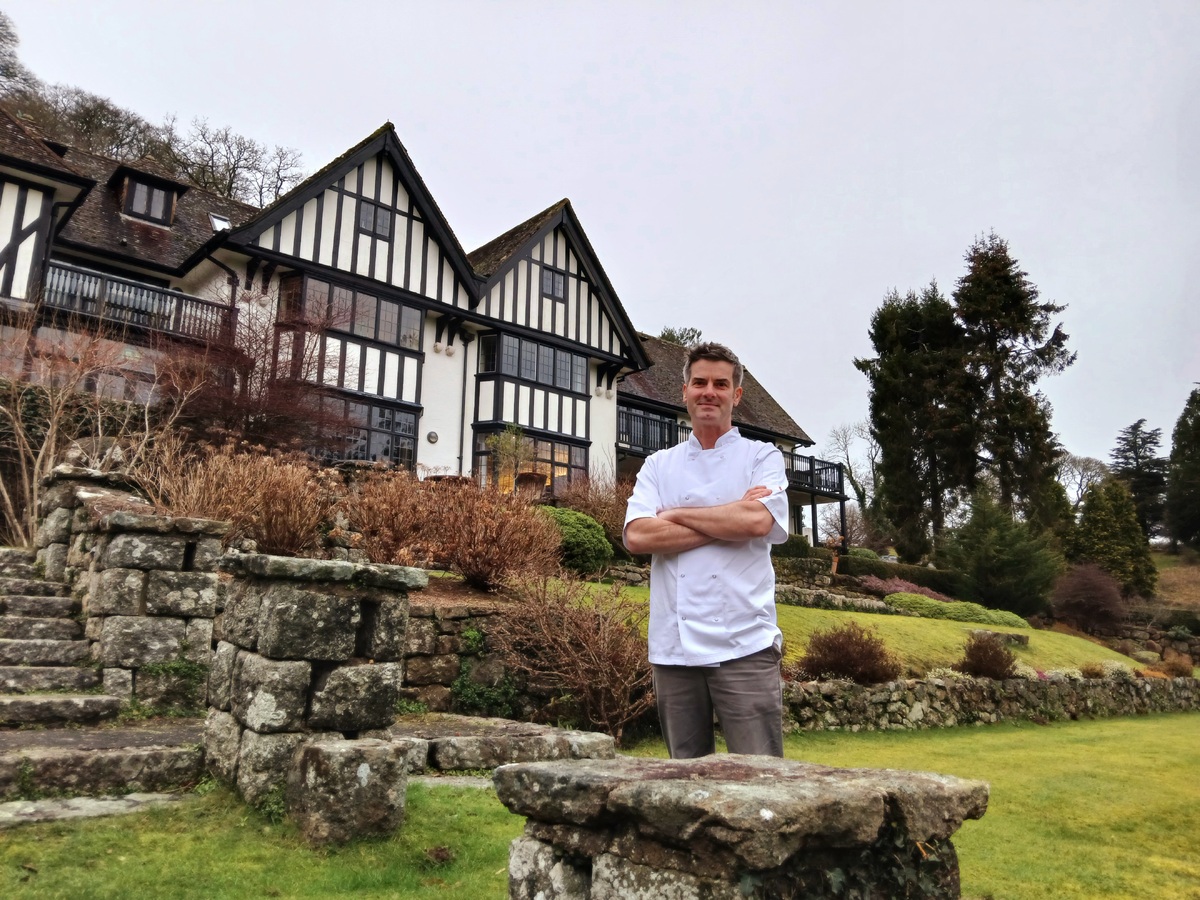Viewpoint: Looking for an answer to the lack of staff in hospitality?
With just a little training and guidance, people with learning disabilities could offer hospitality a raft of untapped talent, says Helen Smith
Restaurants, café-bars, pubs and clubs are facing a recruitment challenge, and delays to plans to introduce new technical qualifications have added to worries that the government may not be as serious about encouraging people to consider
a career in the industry as it claims to be.
At the Camden Society, a disability charity with a string of community and social enterprise cafés around London, we train people with a learning disability in catering and hospitality. The scheme has seen 78 apprentices pass through its doors since 2011; some 99% of them have completed the course and three-quarters have gained an NVQ level 2 â" with over 80% going on to jobs afterwards.
This compares to national figures that show that only 5.8% of people with a learning disability are employed.
Two of our former apprentices are Marcus Luchman and Alex Folkes, who now work for caterers Gather & Gather and Harrison Catering respectively. Both companies have said how pleased they are with the way they have fitted in and how much they appreciate the continuing support the Camden Society gives them in integrating them into the workforce.
And thereâs more talent in the pipeline. Our very own curry king, John Cullen, effectively ran the kitchen in one of our community cafés for a year and is now moving on to a full apprenticeship at our café in Tooley Street. Another former
apprentice, Laurence Cahn, who is now working front of house as a customer
services assistant, has landed a job at our flagship Unity Kitchen Café in the Olympic Park. He also picked up his NVQ level 2 in hospitality services as well as a string of qualifications in food safety and hospitality and catering along the way.
But the industry doesnât always make it easy for people with a learning disability to find a place in hospitality. Many acknowledge that their organisationâs job descriptions, adverts and application forms are not easy for somebody with a learning disability to read and fill in. Others worry that there is extra work involved in recruiting and managing someone with a learning disability. Our training and apprenticeship programme shows that these obstacles can be overcome.
Workers with a learning disability thrive on the established routines needed in the industry and so employers may be missing out on an untapped source. They are proven to have a positive influence on colleagues, and on average they are more reliable, take less time off work and stay in a role longer than the general population.
Businesses that fish in this pool of talent wonât just be helping themselves, theyâll be fulfilling a valuable social purpose, too.
Helen Smith is employment service manager at disability charity the Camden Society

















